I drank some loose, wet stored puerh that I bought on the cheap in Hong Kong. It’s nothing fancy, but it gets the job done.
What I increasingly realized, at least for myself, is that I really am not all that interested in aged puerh right now — aged puerh that are aged by other people and sold at very high prices. I am certainly not disputing that a Red Label or some such are really good tea. I am, however, not convinced that it’s worth that much money for me, other than perhaps in small doses of an ounce or so.
I’ve had a number of aged cakes ranging from stuff from the 90s to stuff from the 20s. I do think that if it’s a good tea, it can be incredibly good. What I think is not true, however, is that everything aged is good. One of the teas I had this past weekend was a late 80s, somewhat wet stored 7542. It’s probably about $300, which isn’t all too expensive, all things considered, but it really wasn’t that good. I mean, sure, it’s better than the loose puerh I just drank…. but it’s also many times the price of this tea. At $300 per 350g, I can buy Wuyi yancha of extremely quality and which I will enjoy much more than this mediocre 7542. A better 7542 from a few years before, and which was stored better, was double the price. Sure, it’s nice…. but is it really worth $600?
I think I am hardly alone in thinking this. My friend YP, who’s been drinking and storing tea for more than 15 years now, said back in the day, you drank Red Label all the time. It was (relatively) expensive, but still affordable. You whip it out once in a while. Then she saw how the prices skyrocket, and thought…. maybe I should save this up, and started drinking Yellow Labels. Now, even that’s getting a bit pricey for her, and she still has, I believe, a few tongs of it up her sleeve.
One of the things Aaron Fisher said during our meeting was that good tea come to you — you don’t always have to look for it. I agree with that part — some of the best teas I’ve had are from other people. I think he’s had the same experience. In the current market conditions…. who really buys whole cakes of this stuff? Mainland nouveaux riche, obviously, but anybody else? Those are the people driving the prices up these days — Chinese who recently got fabulously wealthy, combined with an urge to discover some sort of “traditional” culture, however invented that may be, and a desire to display that wealth, as well as their high taste, in a conspicuous but not obnoxious fashion…. and tea is a perfect combination of all those things. Whether or not they succeed in that, especially the non-obnoxious factor, is another matter. What is obvious though is that demand for this stuff is still going up.
So combined with an ever expanding market for such old things is a relatively small and shrinking supply. Shrinking, because these teas from 90s and earlier are only going to get consumed over time through drinking or attrition, and because they aren’t going to be produced any longer. If one can afford it, buying some might be a wise investment. For the pure drinking like me though…. I’m really not sure if it’s worth all that fuss. Perhaps if I were not a poor grad student, it might seem less of an issue, but even then, I don’t think many (I’m not saying all – I’ll gladly buy some of YP’s Zhongcha traditional character!) of these aged teas are really worth their salt. They’re in demand not always because of their taste… but because of market conditions. That’s a very different thing. Nor, do I think, is it a good argument that “if you don’t buy it now, it’ll be 20% more in a year!”. I am drinking tea, not money, and if the tea itself isn’t worth current year prices to me, it doesn’t matter how much it will appreciate — it’s still not worth it, unless, of course, I plan to sell it again.
But there are many other vehicles of investment that are both safer and probably better. Tea is actually not a great investment tool, monetarily speaking. It’s very illiquid, runs a high risk of damage/destruction, and also has an unknown potential for growth. While prices of older teas are high because of their limited supply, the reverse is true for stuff that were made after maybe 2002/2003 or so. Supply has skyrocketed, and nowadays there are many people with literally tonnes of tea sitting in some warehouse, aging, hoping it will give returns similar to those old teas…. but I think the vast majority of it won’t, simply because there’s a lot of it now, and the quality of those teas are not going to justify the high returns.
So why do we even bother? Why not just buy these teas 10 years from now when you know which one’s good and which one isn’t, and in the meantime, park the money somewhere else? It’s a compelling argument, really, but I think, for me at least, part of the fun is to figure out what works, what doesn’t work, what tea will be good, and what tea won’t be. Watching them grow old, trying them over time…. and knowing that should you score something really good now, the price of it could, indeed, be quite expensive… it’s not so much the economic returns, but rather the elation at having spotted a treasure when it was young. I think that is why I bother with all this work, of going to places looking for good tea, of trying to find the right bargains. I guess hobbies, by definition, are not entirely rational.
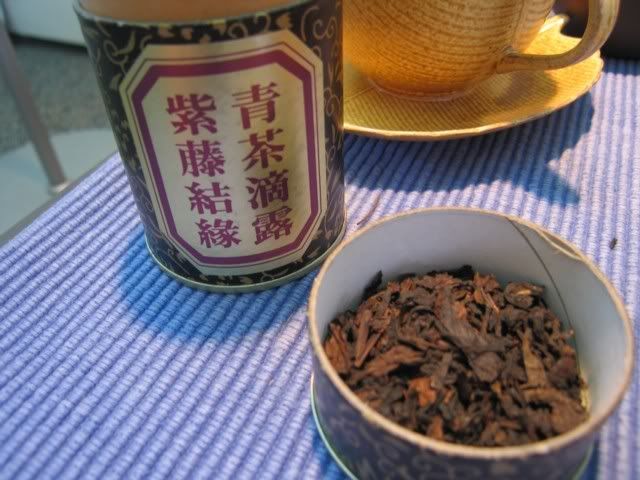
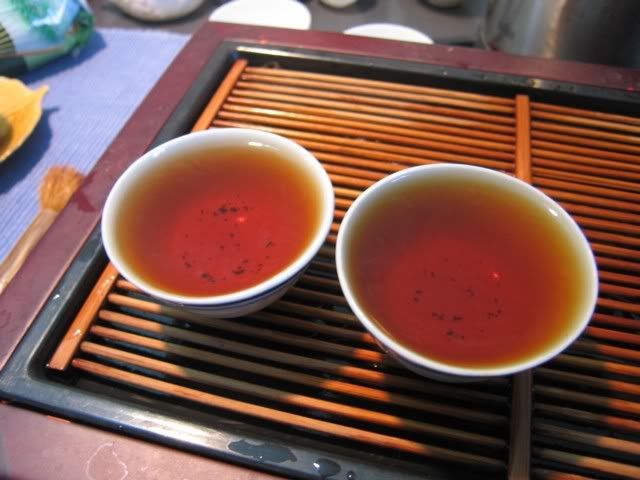
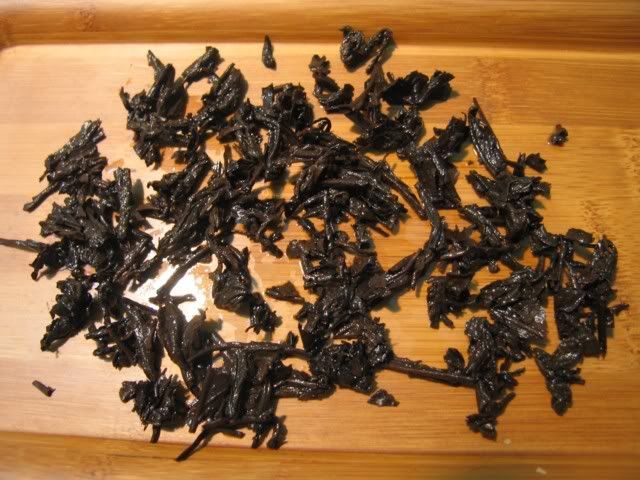
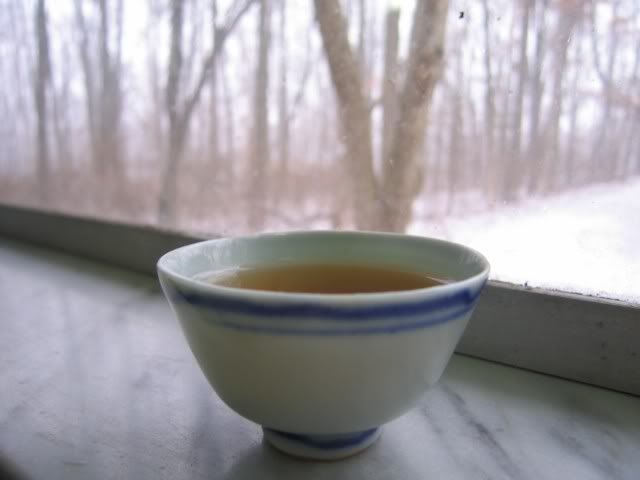



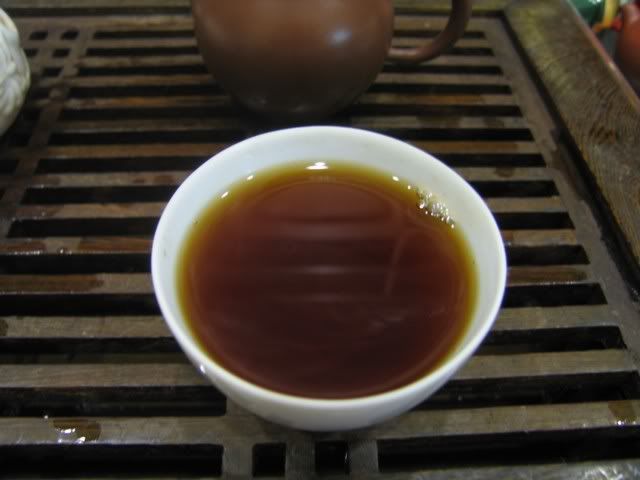
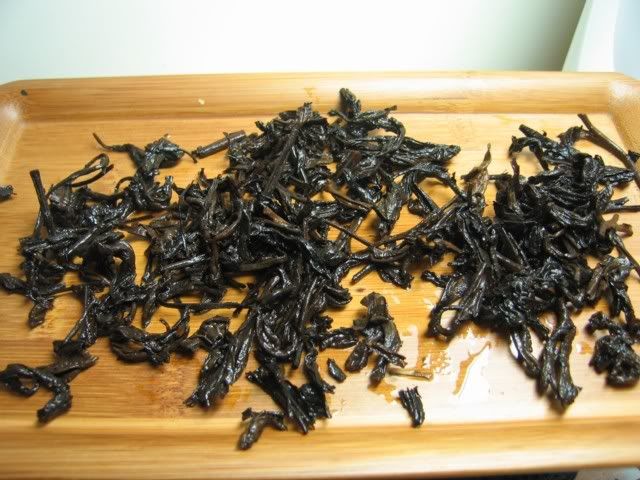
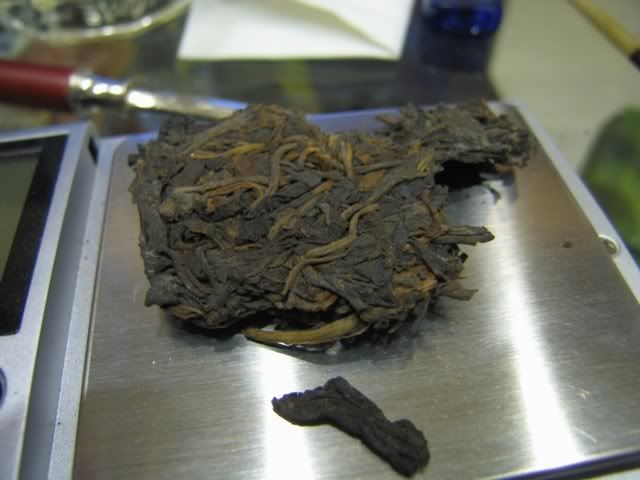

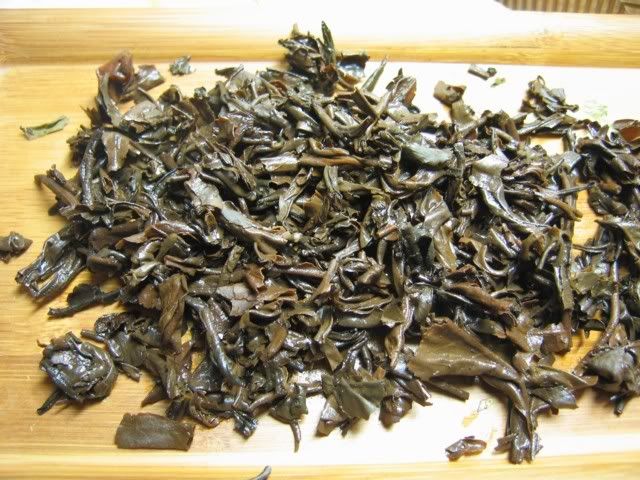
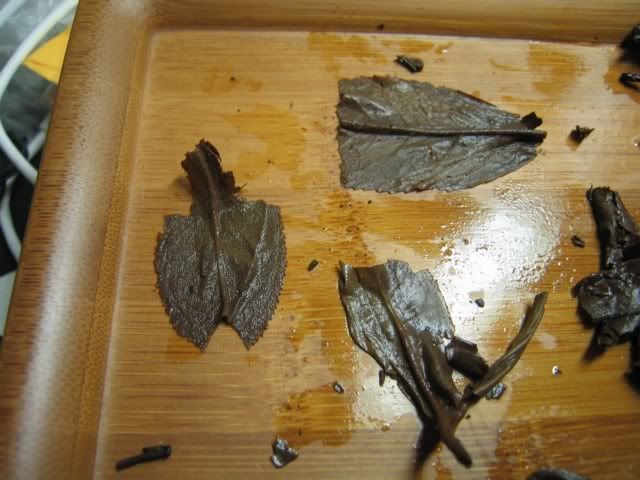


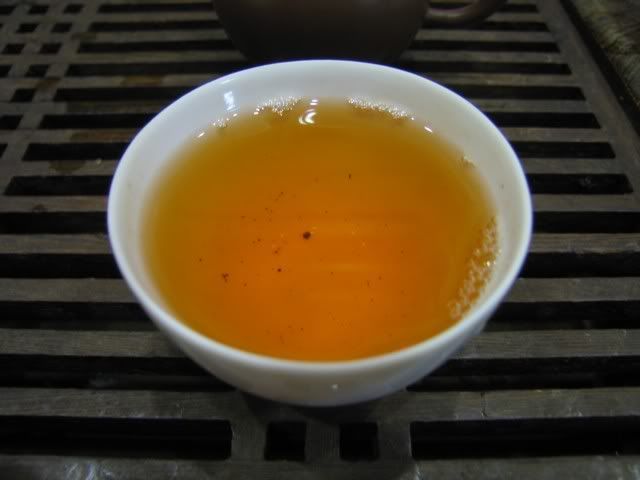

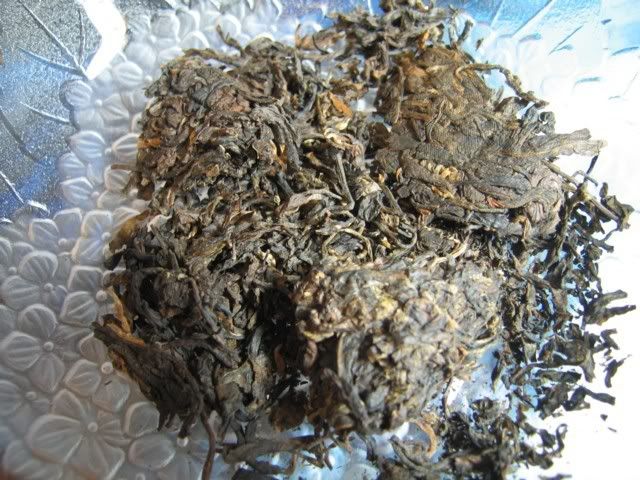
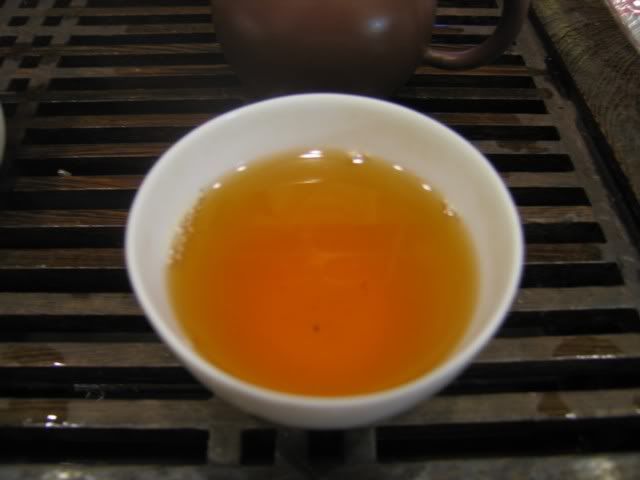
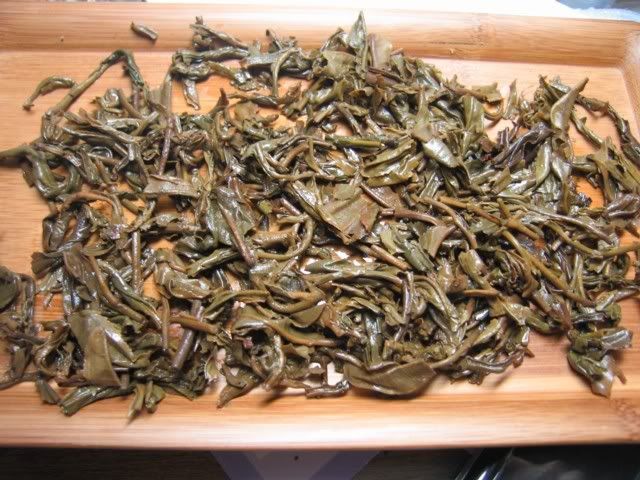
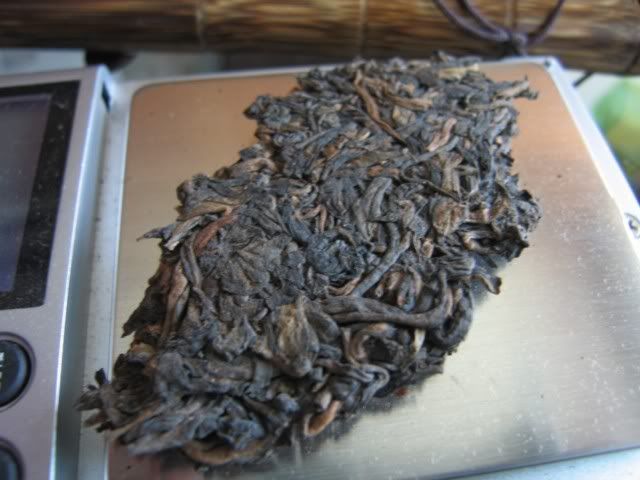
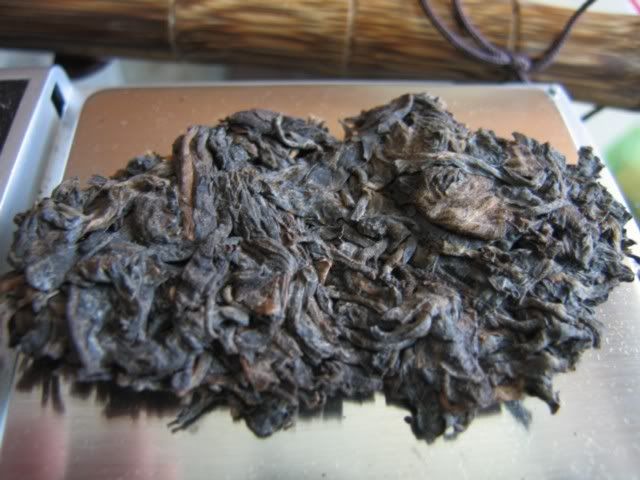
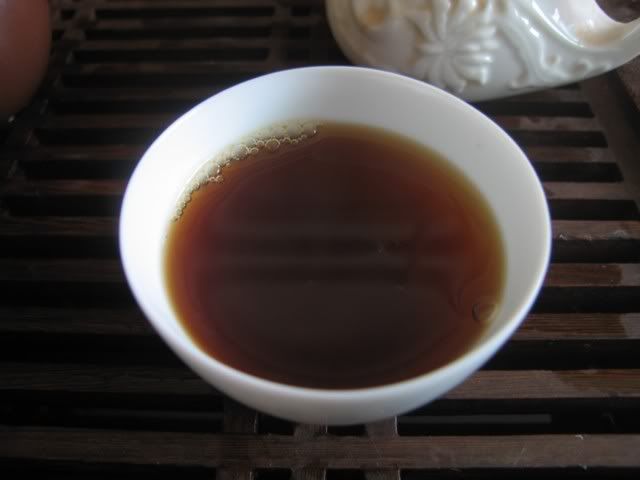
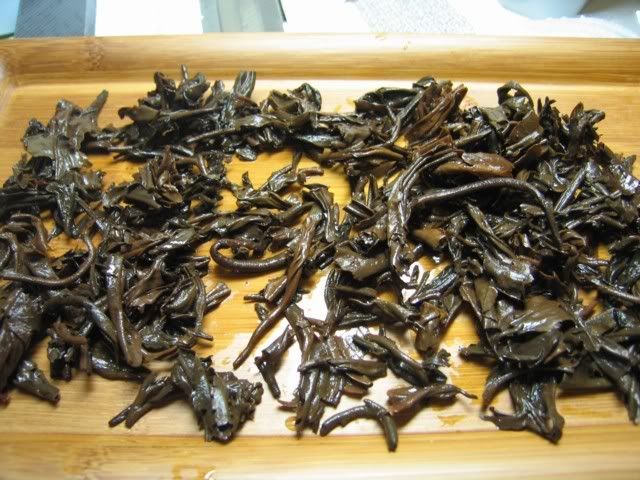
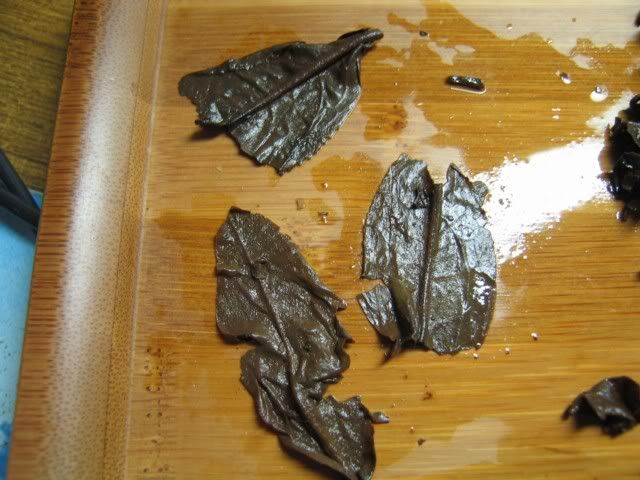
 RSS - Posts
RSS - Posts
I took you at your suggestion and have been reading some of your old post-Covid posts. I haven’t been to…